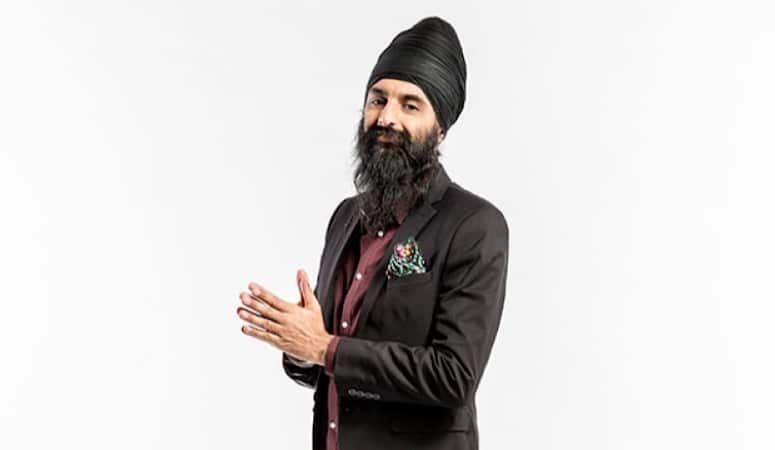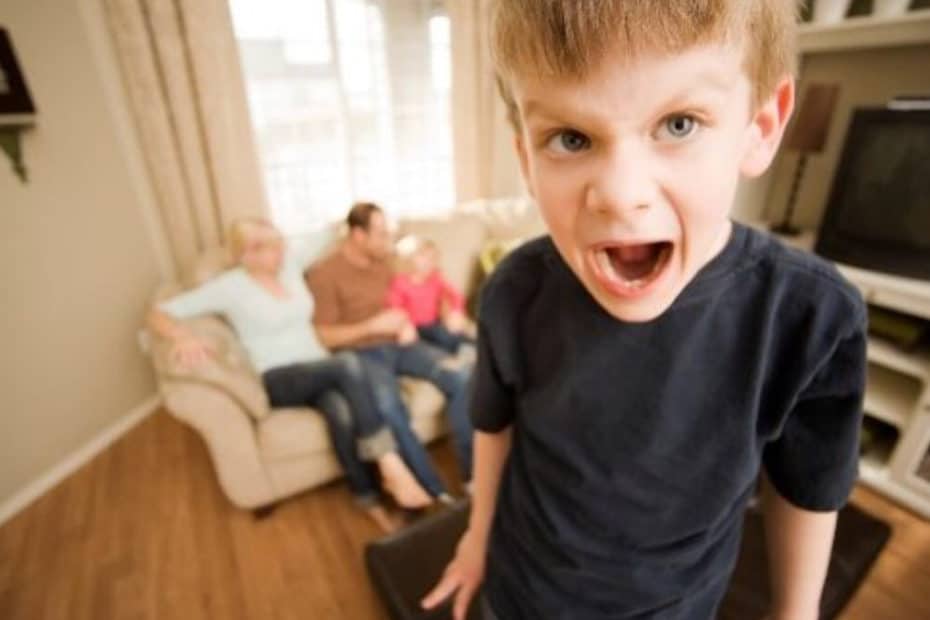Humble the Poet Quote on Emotional Intelligence and How To Deal With “Less Desirable” Emotions
“All of our emotions have value, and as unpleasant as some are, they’re reminders that we’re alive and have a whole lot going on inside. Why not approach life with curiosity and wonder, instead of dread and fear. We don’t avoid movies because we know they’ll end. We enjoy the journey they take us on.”
Humble the Poet, Things No One Else Can Teach Us (Page 46)
Beyond the Quote (237/365)
Emotions are a signal of the state of your being. Many people categorize emotions as being either “positive” or “negative.” I think this is a dangerous practice that can lead you to suppress, ignore, invalidate, or even deny very valid signals from your body. Better to look at some emotions as being more desirable than others. States of happiness, excitement, enthusiasm, and joy, of course, are typically more desirable than sadness, anxiousness, or anger. But, don’t get it twisted. Sadness, anxiety, or anger are not “negative” emotions, per se.
Read More »Humble the Poet Quote on Emotional Intelligence and How To Deal With “Less Desirable” Emotions
